Qatar

News
February 01, 2024
McDermott has been awarded two contracts from North Oil Company (NOC) to deliver engineering, procurement, construction, installation and commissioning (EPCIC) for packages 11 and 13 of the Ruya Development Project, as part of the expansion of the Al-Shaheen field, Qatar's largest oil field.
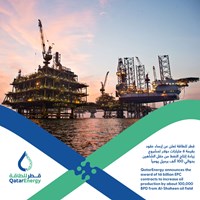
News
January 31, 2024
Project Ru’ya, which will develop more than 550 MMboe, will be executed over a period of five years, with first oil expected in 2027. The project includes the drilling of more than 200 wells and the installation of a new centralized process complex, nine remote wellhead platforms, and associated pipelines.
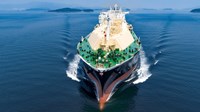
News
November 06, 2023
The two sides also signed a long-term sales and purchase agreement (SPA) for the delivery of 3 MMtpa of LNG from the NFS project to Sinopec’s receiving terminals in China over a span of 27 years.
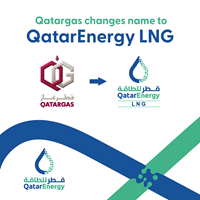
News
September 14, 2023
This announcement comes as part of the increasing international recognition of Qatar’s role in meeting the world's growing need for energy, particularly natural gas.

News
September 26, 2022
TotalEnergies SE is investing about $1.5 billion in Qatar’s latest, mammoth natural gas development, just three months after buying into another of the nation’s expansion projects.
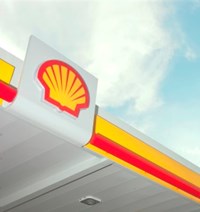
News
June 29, 2022
Shell Plc is set to follow other Western energy majors by taking a stake in a $29 billion project to boost Qatar’s exports of liquefied natural gas, just as Europe races to shore up new supplies of the fuel.
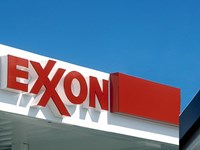
News
June 21, 2022
Exxon Mobil Corp. is investing in a $29 billion project to boost Qatar’s gas exports, joining others including ConocoPhillips, TotalEnergies and Eni SpA.
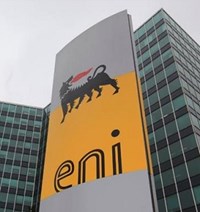
News
June 20, 2022
Eni SpA became the second foreign firm to win a stake in a $29 billion project that will expand Qatar’s production of liquefied natural gas as the energy crisis in Europe escalates and prices climb.
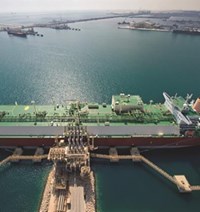
News
June 12, 2022
TotalEnergies SE became the first foreign company to win a stake in a multibillion-dollar project to boost Qatar’s gas exports.
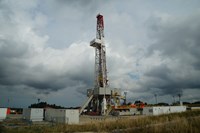
News
June 07, 2022
Exxon Mobil Corp. and TotalEnergies SE are among a group of Western energy companies poised to win stakes in a multibillion-dollar project to boost Qatar’s gas exports, people with knowledge of the matter said.
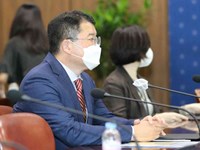
News
January 14, 2021
Choi traveled to Doha from Tehran after fruitless talks over the South Korean-flagged Hankuk Chemi, an oil-products tanker detained by the Islamic Revolutionary Guard Corps on Jan. 4. He also discussed billions of dollars of Iranian money trapped in South Korea due to U.S. sanctions.
News
November 25, 2019
Qatar, the world’s biggest supplier of liquefied natural gas, plans to boost output capacity by almost two thirds after it adds production facilities to exploit recently discovered reserves.
News
November 14, 2019
Qatar Petroleum is set to join most of its Persian Gulf counterparts and price its crude before loading instead of afterward from next year, according to people familiar with the plans. That
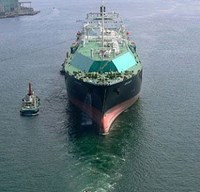
News
October 09, 2019
Shrugging off a global supply glut that’s left liquefied natural gas prices struggling to recover from a three-year low, the world’s biggest producer of the fuel said it’s on track to expand production.
News
October 08, 2019
Qatar has invited Exxon Mobil Corp., Royal Dutch Shell Plc, Total SA, ConocoPhillips and other “big players” to submit bids to help expand its part of the world’s largest natural gas field, Energy Minister Saad Sherida Al-Kaabi said.
News
August 16, 2019
Seadrill and Gulf Drilling International have entered into a 50:50 joint venture, GulfDrill, which will initially manage and operate five premium jackups in Qatar with Qatar Petroleum commencing throughout 2020.
News
January 31, 2018
Tiny OPEC producer Qatar is paying the price for top member Saudi Arabia’s oil strategy in Asia.
News
January 31, 2018
Qatar is paying the price for top member Saudi Arabia’s oil strategy in Asia.
News
January 25, 2018
Qatar managed to keep liquefied natural gas exports flowing last year even under a Saudi-led embargo, passing its first test in its plans to expand LNG production.
News
January 01, 2018
For as long as Gulf economies rely on oil, crude will be a factor in determining how investors trade regional markets. But right now, politics is king.
News
April 10, 2017
Russian President Vladimir Putin awarded state honors to executives at Glencore Plc, the Qatar Investment Authority, and Intesa Sanpaolo SpA months after the $11 billion deal to buy a minority stake in state oil company Rosneft PJSC.


